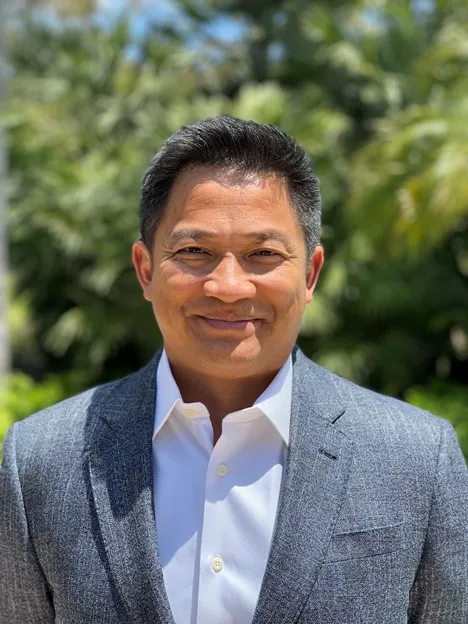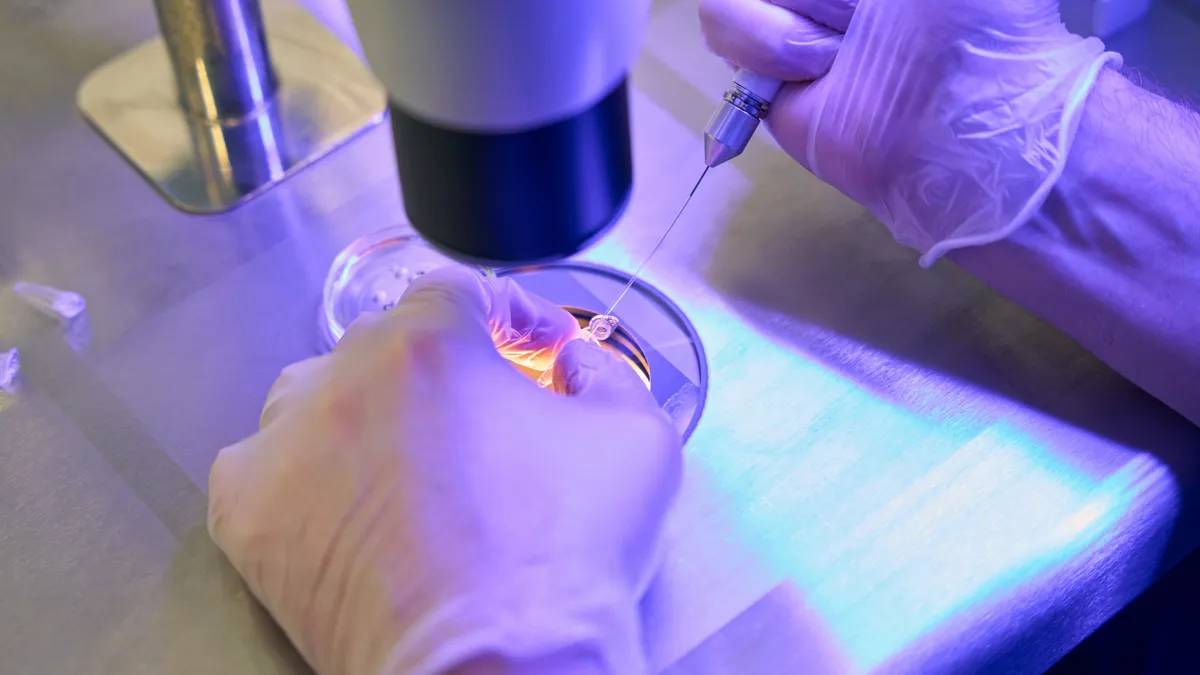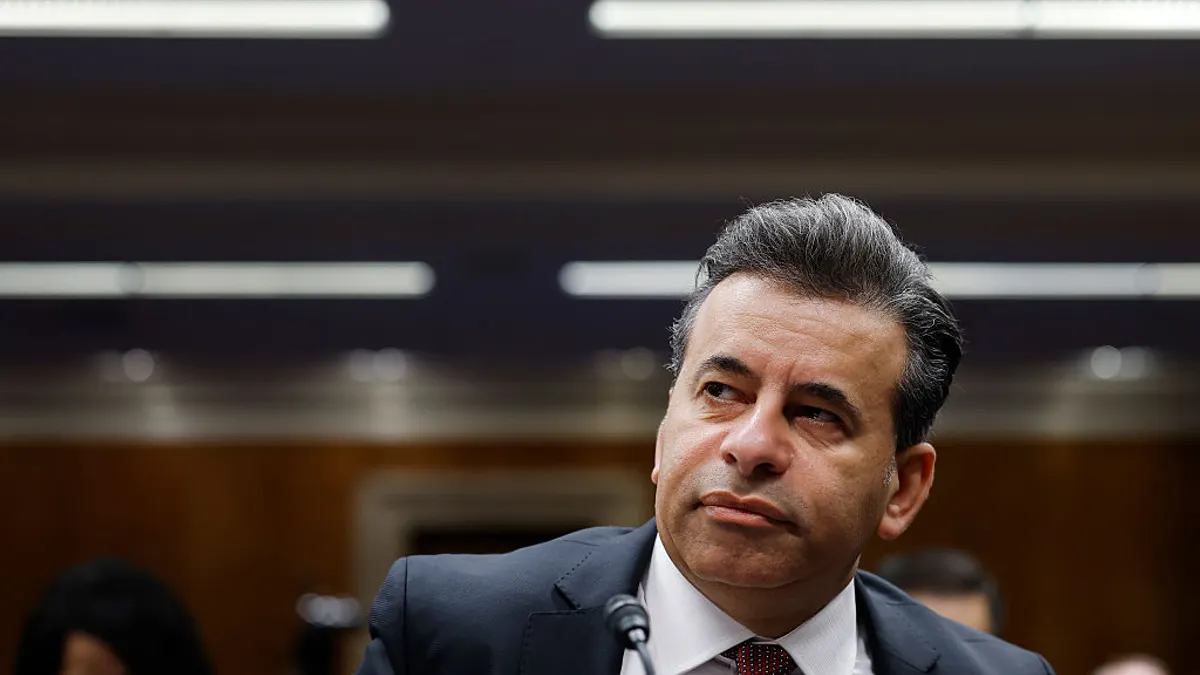Atara Biotherapeutics scored a world-first approval for an off-the-shelf T cell therapy when the European Commission greenlit Ebvallo to treat an ultra-rare type of blood cancer in 2022.

Now, the treatment, known as Tab-cel in the U.S., could soon score a second win as the first allogeneic FDA-approved T cell treatment.
For Atara’s CEO, Cokey Nguyen, who took the helm in September, the hope is that Tab-cel’s approval is just the beginning of its boundary-pushing milestones. While readying for Tab-cel’s Jan. 15, 2025, PDUFA date Nguyen, formerly Atara’s chief scientific officer, is steering the biotech as it also advances CAR-T cell treatments in cancer and the next frontier — autoimmune diseases.
Allogeneic treatments are designed to address hurdles with traditional autologous CAR-T technology. Rather than modifying cells taken from patients for a manufacturing process that can take weeks or months, they use cells from healthy donors to pre-manufacture a treatment that’s ready when the patient is, and potentially at a lower cost.
While off-the-shelf options offer advantages, they also present unique challenges, including the potential to trigger a wayward immune system attack due to the use of foreign donor cells.
Atara’s novel approach could overcome this roadblock by using donor T cells primed to fight the Epstein-Barr virus that have a biology ideal for modification. In particular, these T cells don’t need gene editing and retain properties that make them less likely to trigger the patient’s immune system.
“[It’s about how] we wade through not only the valley of death for the capital markets, but get to clinical proof of concept."

Cokey Nguyen
CEO, Atara Biotherapeutics
“T cells have a very robust DNA damage response and they tend to not proliferate well once you begin to make genetic manipulations,” Nguyen said.
The treatment approach may also induce a more lasting response than traditional cell therapies, which only holds off disease for more than six months in 30% to 40% of patients. Patients also potentially won’t have to undergo lymphodepletion, which wipes out existing T cells using chemotherapy or another method.
Tab-cel is being evaluated to treat a relapsed or refractory Epstein-Barr virus-positive, post-transplant lymphoproliferative disease, a blood cancer that can arise after a transplant.
“The long-term goal is to get this to the finish line … and then transition it to our commercial partner, Pierre Fabre, a multinational conglomerate based in France,” Nguyen said.
The next targets
Atara’s next most advanced candidate is a CAR-T cell therapy dubbed ATA3219 in phase 1 for B-cell non-Hodgkin lymphoma patients whose cancer didn’t respond, or returned after treatment.
On the autoimmune disease front, Atara is also exploring ATA3219 for Lupus along with another preclinical CAR-T contender, ATA3431, for B cell cancers and autoimmune diseases.
One of the major challenges with the technology in the autoimmune space will be replicating the strong results seen with traditional autologous CAR-T cell therapies while scaling manufacturing capabilities for large patient populations.
“[It’s about how] we wade through not only the valley of death for the capital markets, but get to clinical proof of concept, and then partner with the right partner to develop these drugs,” he said.
There’s also competition, not only from other companies working on allogeneic candidates, such as Allogene Therapeutics, but newer technologies, such as in vivo CAR-T cell therapies that modify cells inside the body.
But while Nguyen is bringing new leadership to Atara’s effort, he said the company’s short- and long-term visions remain the same.
“We're trying to take the power of the T cell, bring it to patients and solve really big diseases, multiple sclerosis, severe lupus, all kinds of autoimmune-mediated diseases, as well as still treat cancer,” Nguyen said. “I'm just excited about that opportunity.”











